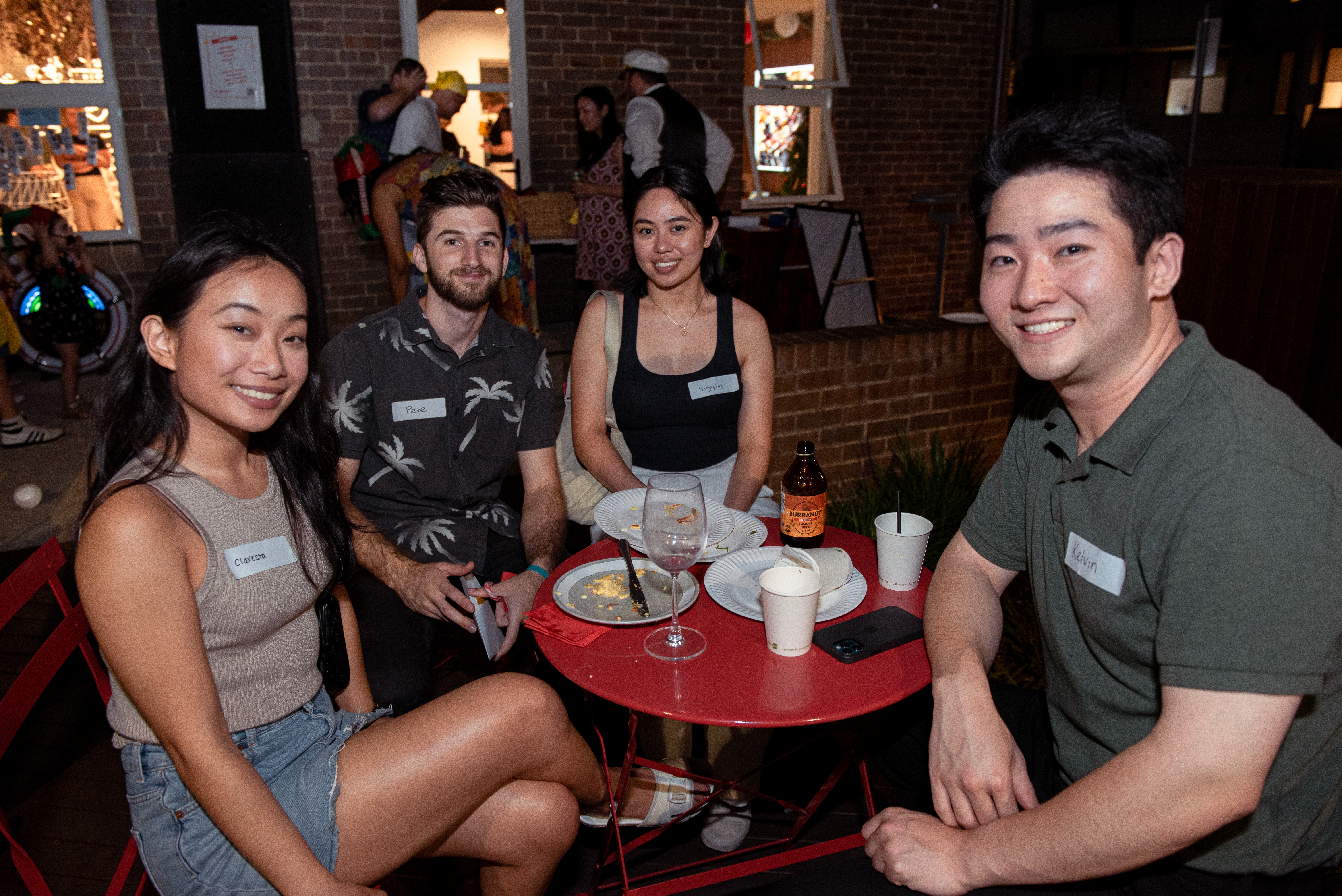
The recent Connections Matter report from the Groundswell Foundation surveyed over 2,000 young people across the country and uncovered valuable insights into what actually helps them feel more connected, and while Little BIG doesn't target youth specifically (we are for all people), there is always something to be learned.
At Little BIG, we believe these findings aren’t just for policymakers—they’re practical lessons for our volunteers and community members, too. They show us how we can better support each other, create spaces for belonging, and break down barriers that keep people isolated.
Why This Matters
- 2 in 5 young Australians feel lonely
- 1 in 5 feel lonely often or all the time
This isn’t just about feeling sad or left out. Youth loneliness impacts mental health, education, work opportunities, and even physical health. It’s a community issue that needs community action.
What Works Best to Build Connection
The survey asked young people what kinds of activities and programs they would actually want to join. The findings might surprise you:
- Activity-based programs top the list – things like sports, hobby groups, and volunteering. These activities work because they take the pressure off “making friends” and let connection happen naturally.
- Direct support programs – such as mentoring, buddy systems, or friendship circles. These are seen as effective but harder to step into, often because of comfort levels or stigma.
For volunteers, this shows the power of running activities that focus on doing something together, rather than forcing conversation.
What Young People Say Helps
Participants in the study told researchers, in their own words, what would make a difference:
- Shared interest groups: “The activity groups interest me the most because there’s less pressure on ‘having to connect’—the focus is on the activity” (Female, 19, NSW).
- Community events: “Organising youth games at community centres would be effective, as often there is not much to do in a suburb for young people” (Female, 18, QLD).
- Safe, inclusive spaces: “Creating spaces that are accessible and safe, meaning cheap and inclusive of people with disabilities and queer-friendly” (Male, 19, VIC).
These are all things our volunteers are focused on in Summer Hill.
How This Connects to Little BIG
At Little BIG, we’re already building many of these solutions:
- Free and low-cost community events
- Welcoming spaces where everyone feels safe to join in - any age
- Programs that use hobbies, creativity, and food to connect people naturally
- Volunteer-led activities that help reduce barriers and encourage participation
This research confirms that what we’re doing works—and shows where we can go further.
Takeaways for Volunteers
Here’s what you can keep in mind when planning or running activities:
- Lead with activities, not introductions – let people bond through doing.
- Keep it low-cost and local – affordability and proximity matter.
- Create welcoming spaces – a smile at the door can be the first step for someone who’s nervous.
- Be inclusive – think about accessibility, cultural differences, and making everyone feel safe.
- Use tech wisely – social media is useful for promotion, but real friendships are built in person.
Let’s Keep the Conversation Going
Youth loneliness is a big challenge, but it’s not one we face alone. Every event we run, every conversation we start, and every volunteer shift contributes to a stronger, kinder community.